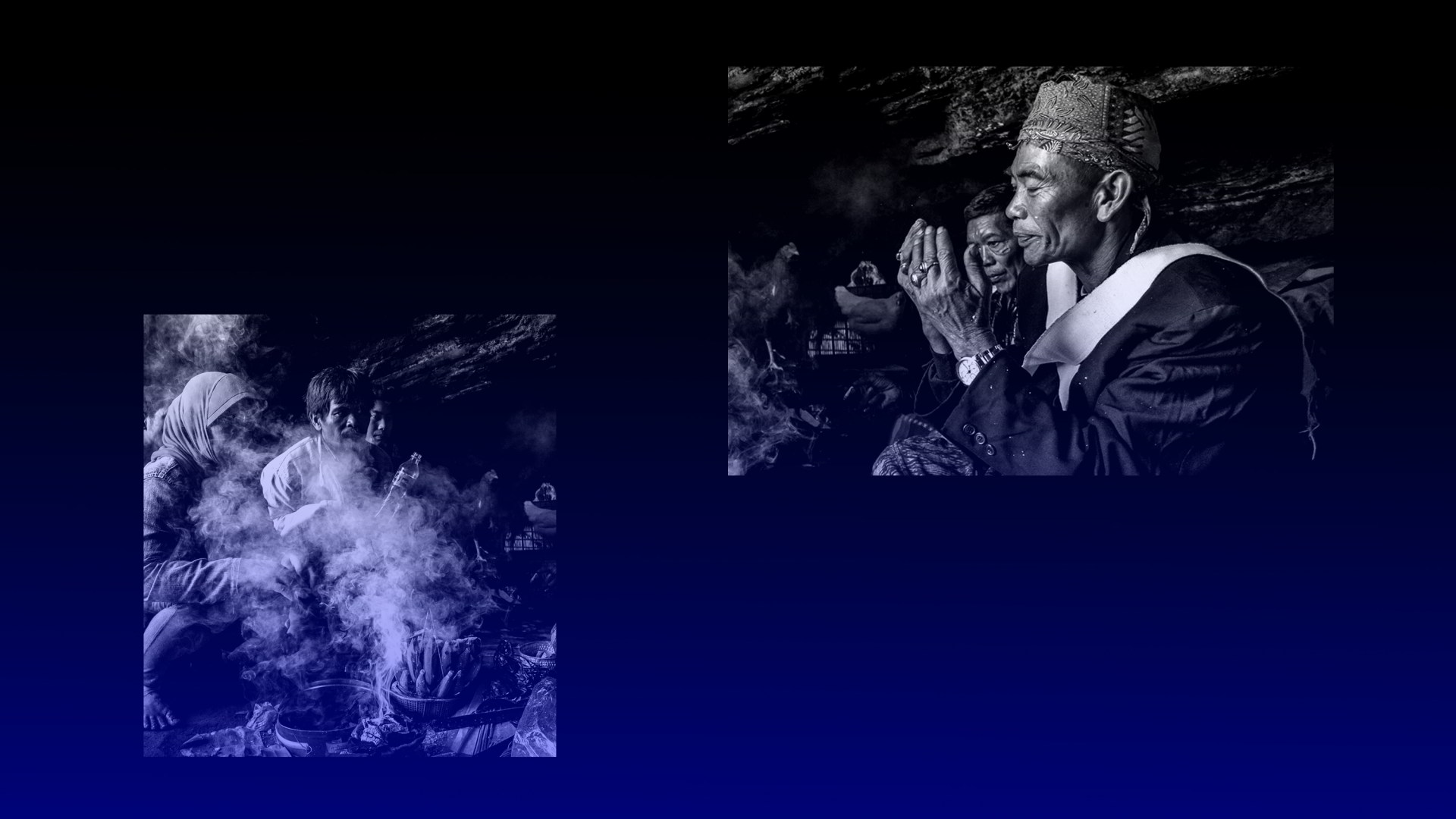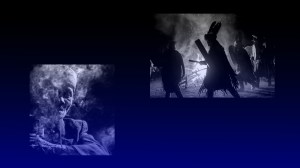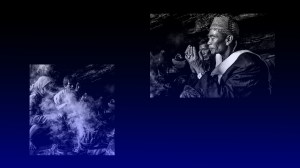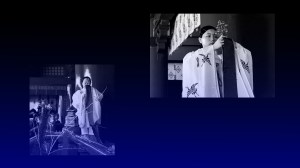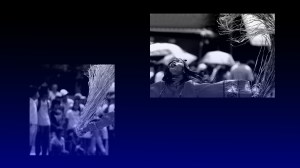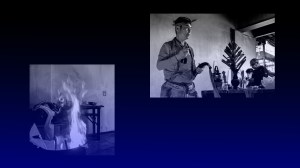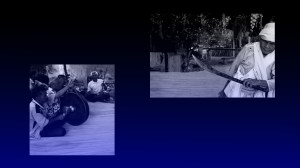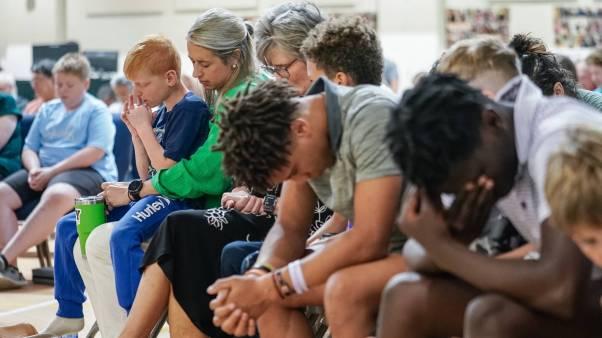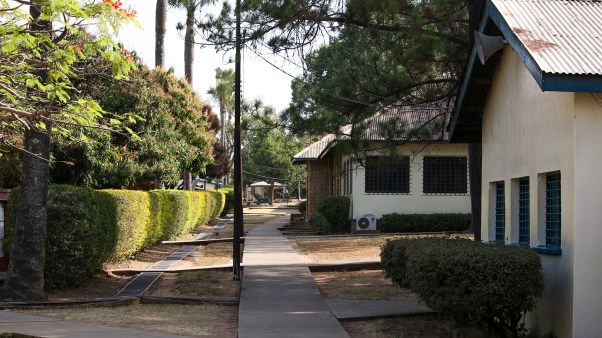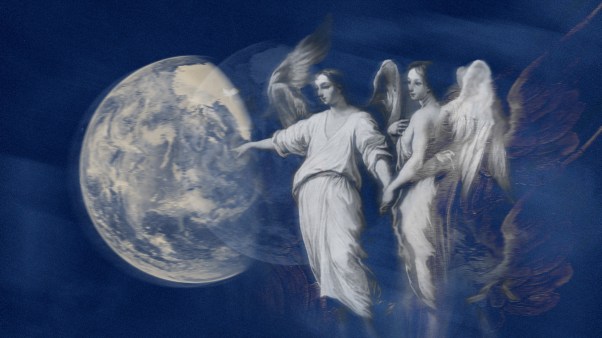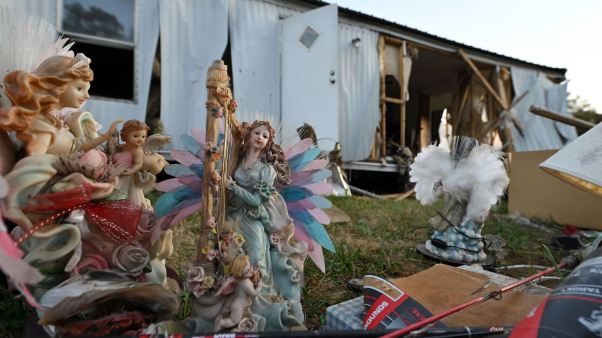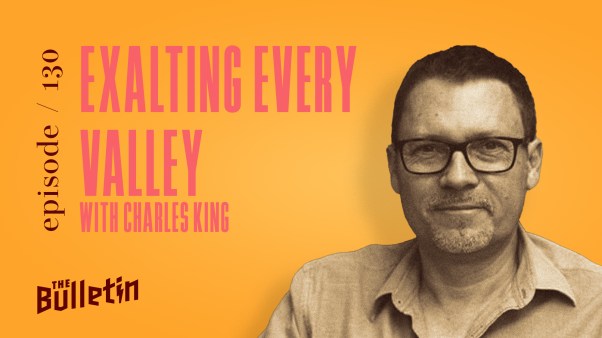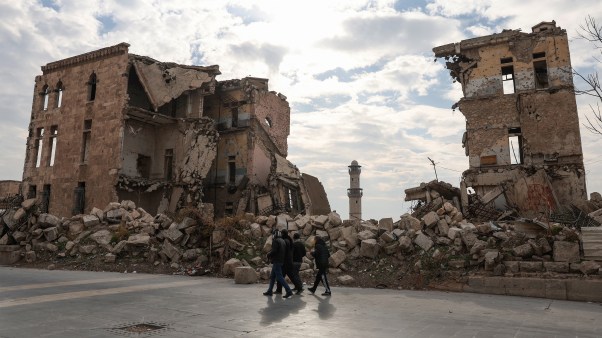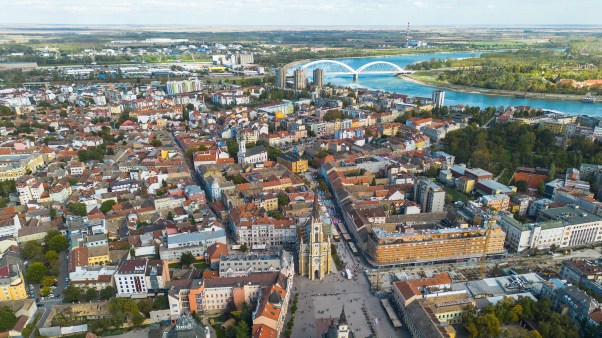In this series
When I was 14, a Christian friend introduced me to “white knowledge,” a supposedly mystical power from God that is distinct from the “black knowledge” of the devil. I memorized mantras, fasted, meditated, and performed special rituals. Once I mastered enough of this knowledge to become a “white shaman,” I used the power I felt I had acquired to heal the sick, exorcize demons, and protect people from black magic attacks, which occur through spells or charms that are used to harm others.
The deeper I delved into white knowledge, however, the darker my heart, mind, and emotions became. While I continued to attend church, I felt no peace. My mind didn’t understand Scripture, and my emotions were uncontrollable, although I was able to do good things that helped people.
Amid this confusion, I read 2 Corinthians 11:13–14 and realized that the white knowledge I had been studying was a deception of Satan, who masquerades as an angel of light. Nearly three years after I became a white shaman, I repented and experienced new birth. From then on, I have grown in my understanding of God’s Word.
Practicing shamanism is quite common in Indonesia, and it has a deep-rooted influence in the country’s culture. Shamans appear to possess supernatural power to either maintain or disrupt natural harmony. If they pray and perform rituals to heal the sick, expel evil spirits, support businesses, or maintain the harmony of life, people believe that their power originates from a god or a good spirit. These individuals are often called white shamans. Religious figures, including pastors, are often described as such.
In contrast, if certain individuals disrupt the harmony of life through their rituals by causing illness, economic loss, and suffering to others, people believe their power originates from evil spirits, and they are categorized as black shamans. They can easily become the target of mass anger and hatred. From 1998 to 1999, vigilantes killed more than 250 people suspected to be black shamans in East Java.
Because of traumatic memories from the 1998 killings, the Javanese word for shaman, dukun, carries a negative connotation. Those who practice witchcraft prefer to be called “paranormal,” or kyai in Javanese.
Recent events reveal the power that shamans continue to wield in Indonesian society.
In March 2022, a rain shaman performed rituals at a track on Lombok island to stop a downpour so that an international motorcycle race could proceed smoothly. While some people were against her actions, many were in favor, especially because the rain stopped. Last April, authorities arrested a village shaman in central Java for killing at least 12 people whom he had scammed in a money-multiplying scheme.
Generally, Christians in Indonesia reject shamanistic practices. Deuteronomy 18:10–12 firmly states that shamanistic rituals are “detestable to the Lord.” The account of Saul’s failure in 1 Chronicles 10:13–14 also serves as a stern warning to God’s people that consulting spirits, which is one form of shamanism, can bring about harsh judgment from God.
Some churches, especially those deeply rooted in traditional cultures, attempt to contextualize the gospel by adapting rituals commonly practiced by white shamans. For example, the Javanese Christian Church (Gereja Kristen Jawa) replaces ceremonies traditionally led by white shamans—like midodareni (a prewedding ceremony), mitoni (a seven-month pregnancy celebration),and nyewu dina (a thousand-day postdeath ceremony)—with thanksgiving services led by pastors.
The influence of the sacred-secular dichotomy in Indonesian Christianity, however, fosters spiritual shamanistic practices within the church. This dichotomy leads some to believe that there are certain people and objects that possess supernatural powers, enabling them to act as mediators with the spirit world.
In the church, this dichotomy makes pastors, the cross, the communion cup, and anointing oil be regarded as having supernatural powers, serving as mediators with God. As a result, the congregation may believe that only the pastor’s prayers are heard by God and that by touching or kissing the cross or communion cup or being anointed with oil, they will be blessed and healed by God.
This sacred-secular dichotomy should be increasingly dismantled. Evangelical church leaders should engage in intentional mentoring and discipleship so that congregations will increasingly understand and obey the Word of God. Seminaries can also conduct more research and studies on the gospel and culture to produce a more contextual theology.
Kristian Kusumawardana is head of the bachelor’s degree program in theology at Bandung Theological Seminary. Read more in our series’ lead article, Shamans, Sorcerers, and Spirits: How Christians in Asia Grapple with the Supernatural.
